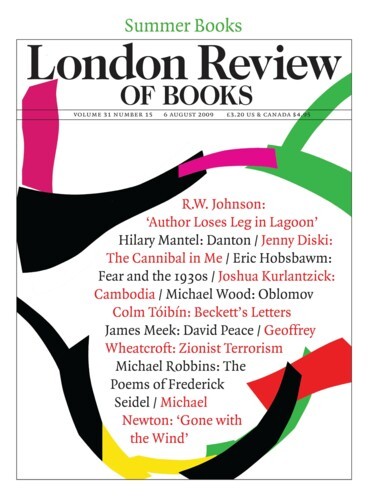In Tegucigalpa: the Honduran Coup
John Perry, 6 August 2009
In the early hours of Sunday, 28 June the residence of Manuel Zelaya, the president of Honduras, was surrounded by tanks. His supporters, anticipating a coup, formed a human shield but were quickly dispersed with tear gas. In no time at all soldiers had entered the building and disarmed the security guard. Zelaya rang the US Embassy but there was no reply from the duty officer. He...


